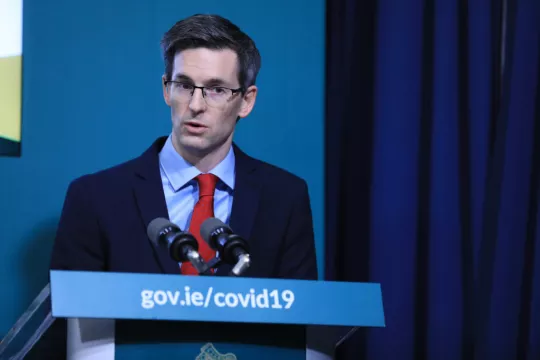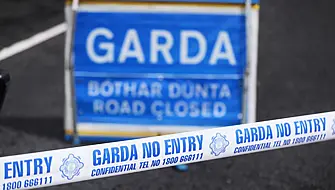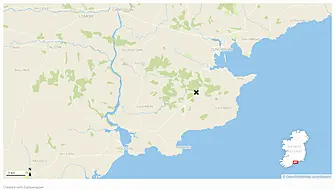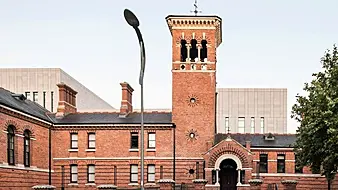Additional reporting by Vivienne Clarke.
People who have been vaccinated against Covid-19 could face less stringent restrictions from as early as next month.
The National Public Health Emergency Team (Nphet) has said it will examine what a potential easing or 'vaccine bonus' might entail, making recommendations to the Government in the coming weeks.
This comes as the US issued new guidance for those who have been fully vaccinated, allowing them to meet others indoors, without a mask or social distancing.
Last week, Taoiseach Micheál Martin quashed the idea of a vaccine bonus for people who received the jab in Ireland, saying he was not in favour of the idea.
Mr Martin's comments were in relation to the EU's consideration of vaccine certificates, which he said would not provide people with greater freedom at the moment.
However, Dr Ronan Glynn said the situation in the US and the potential for a vaccine bonus is being examined closely.
"We will be considering it further in the context of the advice that we give to Government going into what will hopefully be the next easing of measures.
"Obviously, we are looking specifically at the issue of nursing home visitations this week, so again, I'm hopeful that over the coming weeks we will start to be able to tell people what the bonus from vaccination is and what it means you can or can't do," Dr Glynn said.
'Hold on'
Despite the positive sings, the HSE’s clinical lead on infection control, Professor Martin Cormican, has cautioned people who have already been fully vaccinated about moving around in the community.
“We’re saying ‘hold on’, we’re not quite there yet where they can do more things,” he told RTÉ radio’s Morning Ireland.
There was still “a fair amount” of community transmission, he warned, adding the vaccine was not perfect.
Prof Cormican added it was hoped people with chronic conditions who were in Category Four would be vaccinated by the end of the month. This was a big challenge and the HSE was working with the National Immunisation Advisory Comittee (NIAC) to identify the people in this group, he said.
Not having a central register would make the challenge difficult, he admitted, but the majority of high risk patients would be identified through the hospital system.
It was really important to get the vaccine to the 13 different high risk groups identified by NIAC, he said, and the priority was to find these people who were most at risk and to vaccinate them as soon as possible.
“It’s in everybody’s interest to get the vaccine to these people,” Prof Cormican added.
In the case of people with severely immuno-compromised systems, the vaccine would still be of benefit, he explained: “It may not work as well, but even if it partly works it may still be enough to keep them from having a very serious disease.”
Right direction
On Monday evening, Nphet confirmed the number of Covid-19 patients in public hospitals has fallen below 400 for the first time in over 10 weeks.
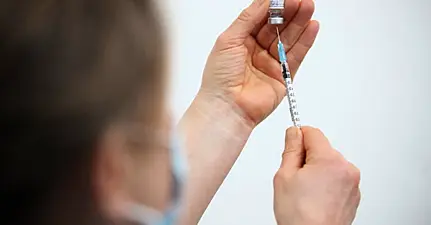
There were 392 patients with the virus in hospital last night, 101 of whom were in intensive care, while 437 new Covid-19 cases were confirmed and no additional deaths.
After Ireland's seven-day moving average of new case numbers dropped to under 500, compared to 600 last week, Professor Philip Nolan said the numbers are moving in the right direction.
"What we are looking at at the moment is around a 20 per cent per week reduction in case counts, around 3 per cent per day, and I have every reason to believe that will continue," Professor Nolan said.
"In 2-3 weeks time, I would hope that we are where we should be along that trajectory and will continue to see case counts decreasing. If we look at the average each week, that will be 70-100 lower than the preceding week," he added.
